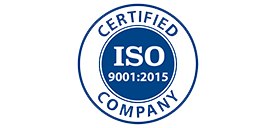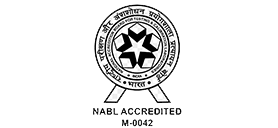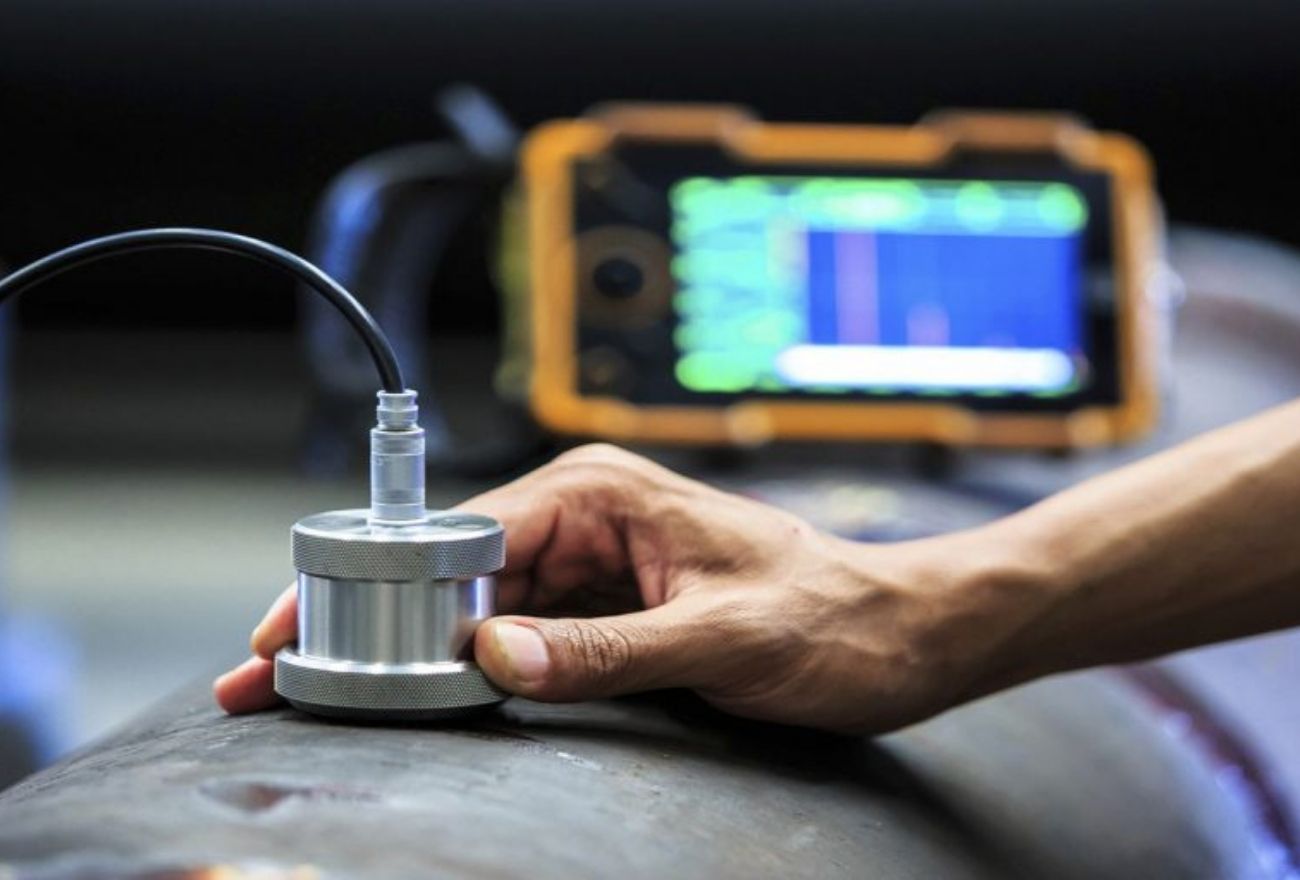
Non Destructive Testing
Destructive testing is not always the choice as non destructive testing is also needed after the construction of the structure. Non destructive testing (NDT) is a wide group of analysis techniques used in science and technology industry to evaluate the properties of a material, component or system without causing damage.
The main advantage of NDT is that the sample can be used even after the test. STL provides non destructive testing facilities both at the laboratory as well as at onsite.
NDT Testing for Concrete
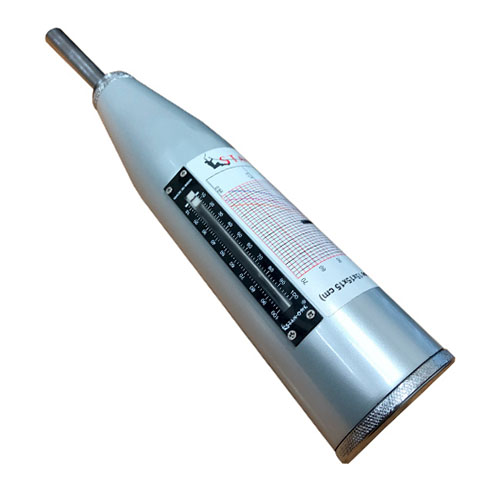
Rebound Hammer
Rebound hammer test is done in order to find out the the compressive strength of the concrete by using rebound hammer as per IS: 13311(part 2) – 1992.
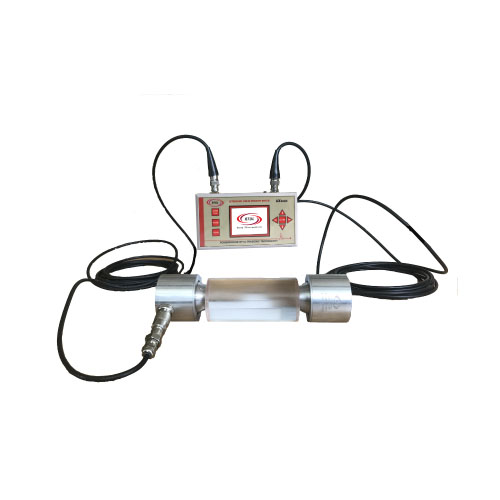
Ultrasonic Pulse Velocity test
Ultrasonic pulse velocity is one of the method of testing concreter on site. UPV test is conducted to deterimine the voids and cracks in the the hardened concrerte. It measures the the time of the travel of an ultrasonic pulse passing through the concrete which is generated with the help of a pulse generator and is recieved by a pulse reciever. It is an ideal method for the ensuring that the concrete is uniform. STL provides facility for the onsite UPV test.
NDT Testing for Metal welding
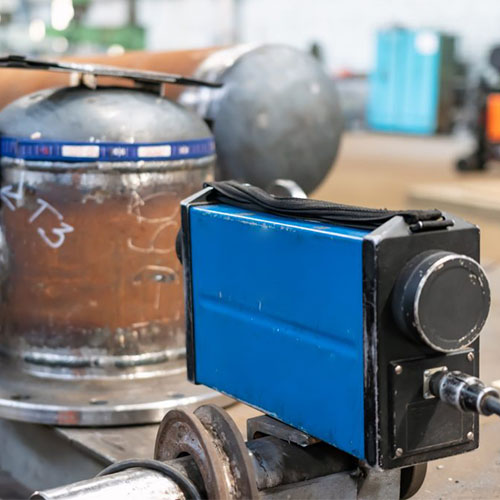
Radiography
This is an expensive technique compared to the other non destructive techniques and is predominantly used to detect internal flaws in casting and weldments. This technique involves the use of penetrating gamma or X radiation to examine the parts and products for imperfections. Radiation is directed onto a film and possible imperfections are shown as the density changes in the film inthe same manner as an X-ray shows broken bones. STL provides facility of radiography.
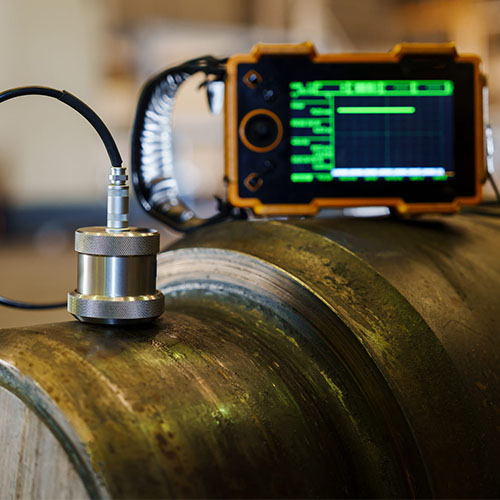
Ultrasonic Test
Ultrasonic Testing (UT) is a highly reliable Non-Destructive Testing (NDT) technique used to detect internal flaws in castings, weldments, and metal components. This advanced method ensures structural integrity and quality control without causing damage to the tested material.
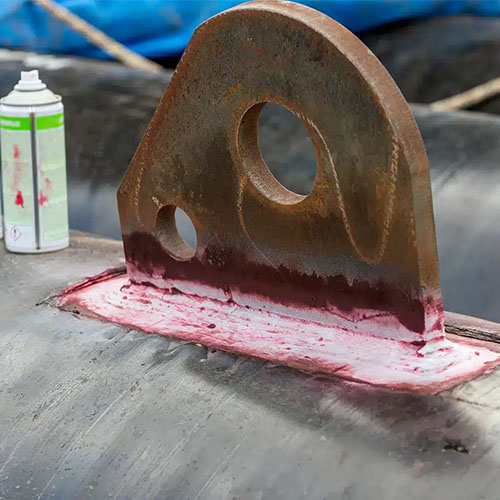
Dye Penetration Test
Dye Penetration Testing (DPT), also known as Liquid Penetrant Testing (LPT), is a widely used Non-Destructive Testing (NDT) method for detecting surface-breaking defects in metals, ceramics, plastics, and other non-porous materials. It is an effective and economical technique used across various industries for quality assurance and structural integrity assessments.
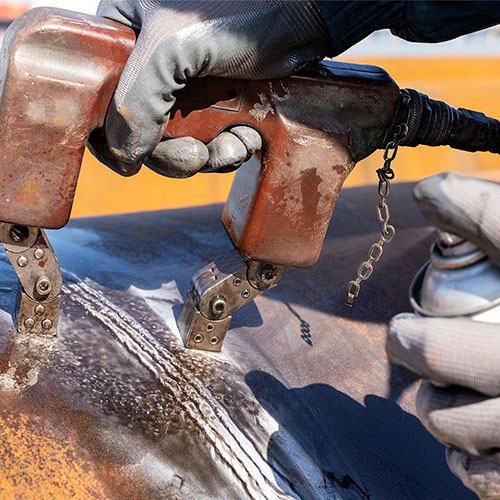
Magnetic Particle Inspection
Magnetic Particle Inspection (MPI) is a highly effective Non-Destructive Testing (NDT) method used to detect surface and near-surface discontinuities in ferromagnetic materials such as iron, steel, and nickel-based alloys. This technique is widely used in industries requiring high safety and structural integrity standards.
Our Equipments

Rebound Hammer

Ultrasonic Pulse Velocity

Radiography

Ultrasonic

Dry Penetration

Magnetic Particle Inspection
Why Choose Us?
At COSMO Analytical Lab (LLP), we prioritize accuracy, reliability, and efficiency. With advanced technology and expert analysis, we deliver precise results with a commitment to quality and exceptional service.
-
Accurate & Reliable Results :- We ensure precise testing with advanced technology and expert analysis.
-
Timely & Efficient Services :- Fast turnaround times without compromising quality or accuracy.
-
State-of-the-Art Facilities :- Equipped with modern instruments for comprehensive testing solutions.
-
Expert Team :- Highly qualified professionals dedicated to delivering trusted results.
-
Transparent Process :- Clear reporting and seamless communication at every stage.
-
Industry Compliance :- Testing meets national and international standards for safety and quality.
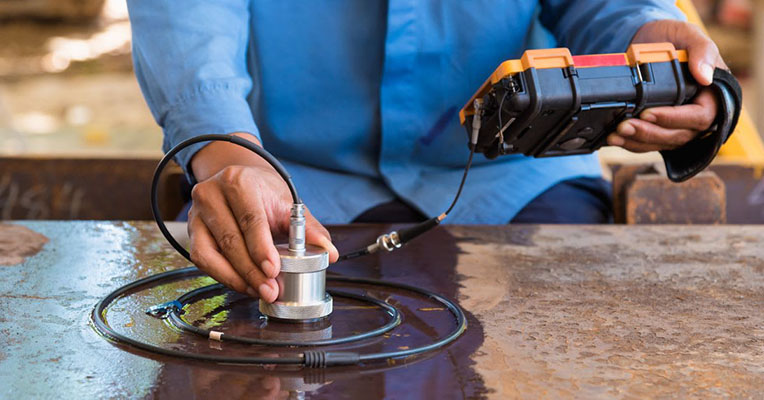
Frequently Asked Questions (FAQs)
NDT refers to inspection techniques used to evaluate materials, components, and structures without causing any damage. It helps detect defects, ensure safety, and maintain quality in industries like manufacturing, aerospace, oil & gas, and construction.
NDT ensures product integrity, prevents failures, reduces downtime, and enhances safety. It is a cost-effective way to identify defects early and comply with industry regulations.
The most widely used NDT techniques include:
- Ultrasonic Testing (UT) – Detects internal flaws using high-frequency sound waves.
- Radiographic Testing (RT) – Uses X-rays or gamma rays to inspect internal defects.
- Magnetic Particle Inspection (MPI) – Identifies surface cracks in ferromagnetic materials.
- Dye Penetrant Testing (DPT) – Highlights surface defects using penetrant dyes.
- Eddy Current Testing (ECT) – Detects flaws in conductive materials using electromagnetic induction.
- Visual Inspection (VT) – Direct observation for cracks, corrosion, and defects.
The choice of NDT method depends on the material, type of defect, and industry standards. Our experts can help recommend the best testing technique based on your specific requirements.
Yes! NDT does not cause any damage to the tested components. It is designed to ensure safety and reliability without altering the material’s properties.
The duration depends on the method used, material type, and complexity of the inspection. Some tests, like Visual Inspection and Dye Penetrant Testing, are quick, while others, like Radiographic Testing, may take longer due to image processing.
Certified By
Happy Clients
Our clients are at the core of our work. At CosmoAnalytical Lab, we strive to exceed expectations, delivering precise and reliable testing with a commitment to accuracy, timeliness, and exceptional service.






